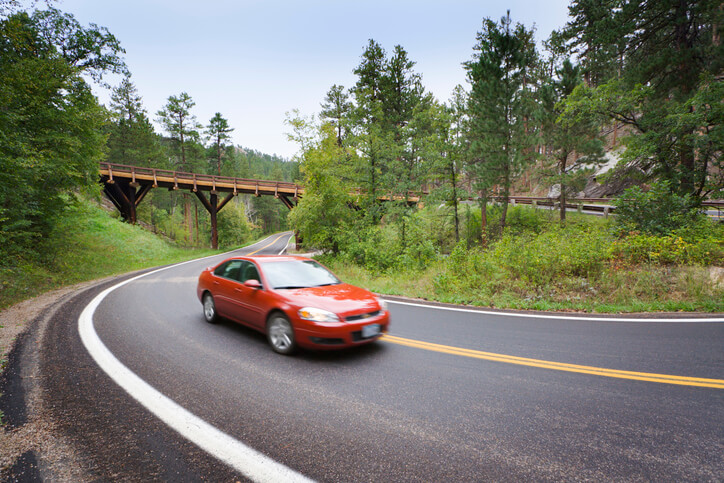While the Graduated License Law places restrictions on a driver with a junior license, it also incentivizes young drivers. They can take an additional defensive driving course NY to get a reduced auto-insurance rate.
But what is the difference between driving with a junior license and a senior license?
Distinct Driving Aims
A young driver with a NY junior license has studied the New York manual and driven mostly unsupervised with some restrictions to gain experience – or training – behind the wheel. With a senior license, a teen driver has proven their experience.
Because a junior license is a ticket to train, young drivers must stay within the state of New York when behind the wheel (or in a state with applicable permit regulations). But with a senior license, NY drivers can drive in any state of the country.
New Drivers Have A Probationary Period
Young drivers earning a junior license have a 6-month probationary period. That means, within that timeframe, conviction of any of the following traffic violations results in an automatic 60-day suspension of their license, which is followed by a secondary 6-month probationary period:
- Speeding
- Tailgating
- Racing on public roads
- Driving recklessly
- Distracted driving (any distraction — including conversing with passengers, eating, and adjusting radio)
- Driving while using any portable electronic device, including cellphone, GPS navigation, and tablet
- Any 2 traffic violations
When the suspension ends, a second 6-month probation period begins. Traffic violation committed within this timeframe results a revocation of the junior license of at least 6 months. The end of that period begins yet another 6-month probationary period.
Drivers earning a senior license have no initial probationary period.
Age Rules
If a young driver decides to hold off until they’re a little older to get behind the wheel, their age determines which license they begin with. If they’re 18 or older and pass both the written and driving exams, then senior license it is. But ages 16 up to their 18th birthday must start with the junior license
Training and understanding the key fundamental principles, as well as the rules, of a discipline are the keys to learning and mastering it. Today’s teenagers are well versed in that concept, thanks to their activities and interests, which can range from playing la cross to performing on the stage. Driving is no different. That’s why, thanks to the Graduated License Law that includes a defensive driving course NY, auto collisions involving teenaged drivers have dropped to almost half of 51,000 that were reported in 2009.
- Master the journey to your California Driver’s License – Explore more at California Driver’s License!
- For More Information About Free NY Permit Practice Test, Click : Free NY Permit Practice Test
- Get the complete guide on Applying for a New California Driver’s License For Teens in our comprehensive article.

 Live Chat
Live Chat






